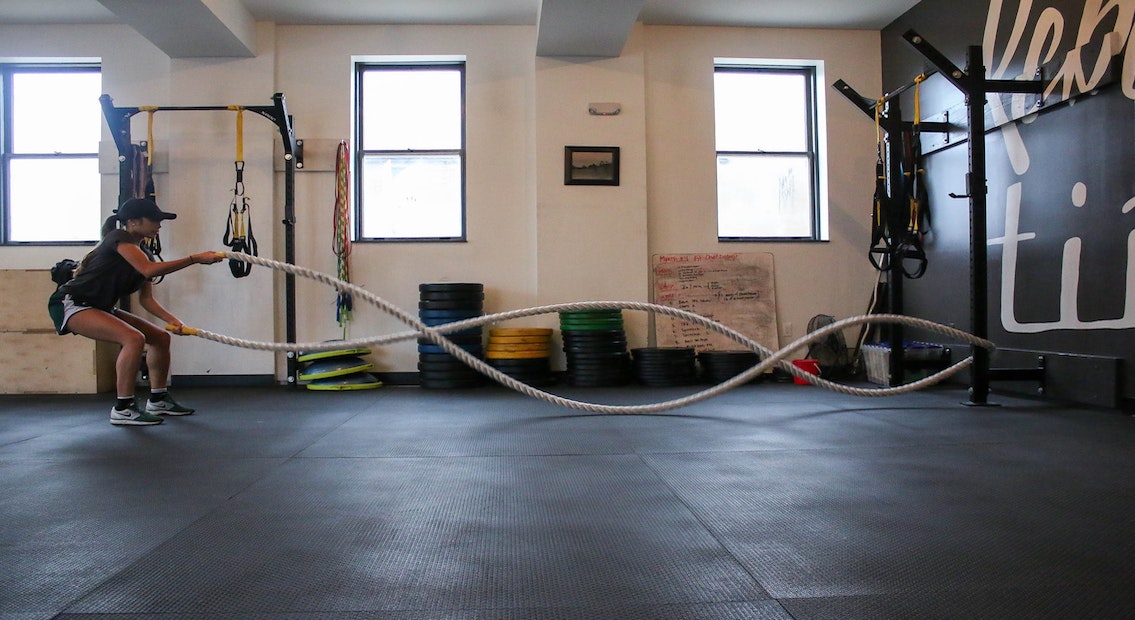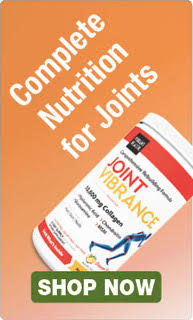Our approach to food is starting to change on a grand scale. There’s always been differing preferences out there when it comes to the contents of one’s diet and a lot of that just boils down to personal taste. But then there’s the other side of it. The side that breeds a little bit more conflict between separate groups, and perhaps justifiably so.
While most humans have followed an omnivorous diet throughout history, plant-based diets have also been popular for a long time. In some cases, people will adopt said diet for health reasons, but ethics are the usual reason and that’s where things have historically gotten a little controversial.
Now that we have gotten pretty deep into the 21st century, our understanding of our bodies and how different foods affect us has advanced quite a bit. And it is becoming more and more clear that not only is a plant-based diet perfectly healthy, but if you approach it correctly then you can still reach your full fitness potential.
What we have come to realise is that meat is not an essential component of high-level fitness. For the purposes of this article, let’s imagine that you are an athlete and you have decided to shift to an entirely plant-based diet. What is your diet going to look like now? Let's discuss…
How to Source Plant Protein
As anyone who takes their fitness seriously knows, one of the most important aspects of building muscle is your protein intake. Proteins are made up of amino acids which build and repair muscle and bone in your body.
When we think about protein, our mind instantly jumps to things like red meat, cheese, fish and eggs. And obviously none of these things would fall into a plant-based diet. This is what leads a lot of people to believe that it’s impossible for vegans to build any muscle.
That’s not the case however; there are actually a number of somewhat lesser-known foods which you can get more than enough protein from. You need look no further than lentils for this. A member of the legume family, the nutritional value of legumes is shockingly vast.
100 grams of lentils contains 9 grams of protein. Now if you consider the fact that for a diet of about 2,500 calories, which is fairly standard for an average sized athlete, you would only need about 80-90g of protein per day, you can get more than 10% of that from 100g of lentils.
They are cheap, easy to prepare and you can adapt them to a lot of different meals which makes them basically a superfood. Vegans can also get protein from chickpeas, quinoa, black beans and a variety of nuts so there are a lot of options here.
Gaining Weight
Getting enough protein is one thing, but fitness and muscle building also requires eating a certain amount of calories every single day. And again, people tend not to associate calories with fruit and vegetables.
The actual reality is that plant-based products which are high in calories are actually significantly healthier than meat products which offer the same effect.
Think about avocados. A single avocado has over 300 calories, but the fats and fibre present are heart-healthy. You will also get Vitamin C and potassium out of an avocado too.
A single cup of quinoa, meanwhile, contains about 220 calories, and is also high in other important nutrients such as folate and manganese.
There’s also rice, sweet potatoes and nut butters which are all high in calories too, so there’s really no shortage of plant-based foods out there which can help to beef people up.
What About Nutritional Supplements?
The prevalence of supplements is a big part of the impact the plant-based revolution is having on fitness. But in a way, there’s a little bit of a misconception surrounding it. Vegans and vegetarians don’t necessarily need supplements, we’ve just realised how beneficial including supplements in our diet actually is.
B12 is the big one. This is the vitamin that everyone associates with veganism, and the reality is that yes, vegans should be taking a B12 supplement, but so should a lot of meat-eaters. An awful lot of people are low in this vitamin.
Similarly, vitamin D is an essential one that a lot of people are lacking. You can get it from meat and eggs but most of your vitamin D will come from sunlight. There’s nothing about a plant-based diet which is going to contribute to a lack of sunlight and so this can be a requirement for both.
Everybody is different of course, and some vegans may want to try something like a plant-based protein powder if they personally feel like they’re lacking in that regard. But as mentioned above, what this revolution has opened our eyes to is the fact that there are nutrients and vitamins that even meat-eaters are lacking in.
And supplementing them will benefit your gains and your progress in terms of fitness no matter what your diet is primarily made of.
Conclusion
Not only is a plant-based diet perfectly healthy, but if you approach it correctly, you can still reach your full fitness potential.
In answer to the main question posed by this article, the fitness industry has been impacted by the plant-based revolution in a major way, because it has allowed us to discover that there is nothing stopping us from building a lot of muscle and reaching peak physical fitness without animal products.
With the knowledge and resources that we now possess, your diet can be entirely plant-based and no longer be a barrier to your physical progression. Don’t believe us? Just ask some of the world’s top vegan athletes.
Water for Health Ltd began trading in 2007 with the goal of positively affecting the lives of many. We still retain that mission because we believe that proper hydration and nutrition can make a massive difference to people’s health and quality of life. Click here to find out more.




























Leave a comment